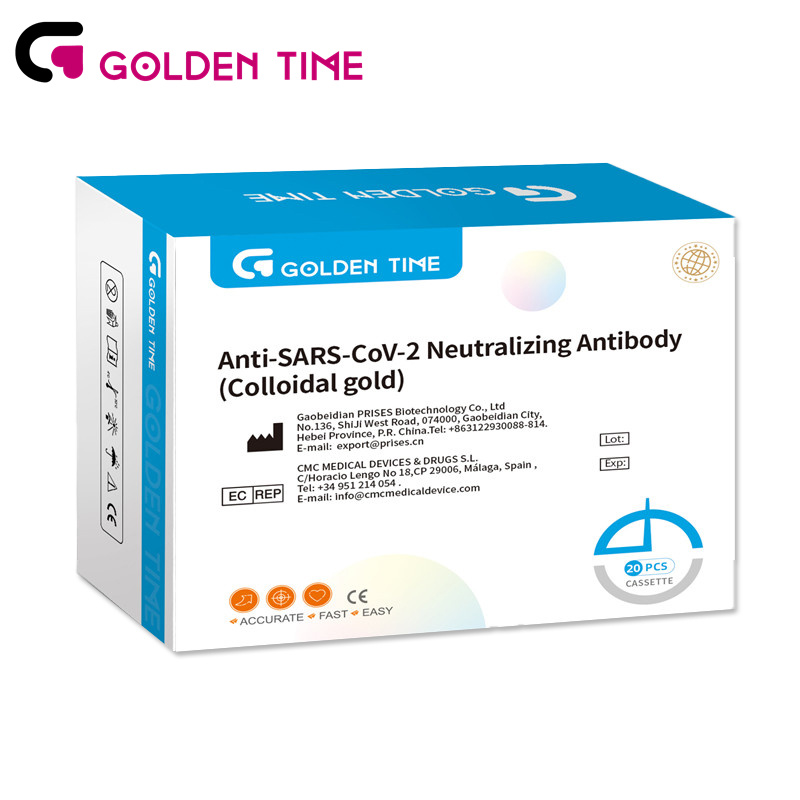Nov . 21, 2024 09:35 Back to list
wholesale malaria card test
Wholesale Malaria Card Test Revolutionizing Disease Detection
Malaria is a life-threatening disease caused by parasites transmitted to humans through the bites of infected female Anopheles mosquitoes. With millions affected globally, particularly in sub-Saharan Africa, effective and rapid diagnosis is vital for timely treatment and control of transmission. The emergence of wholesale malaria card tests has marked a significant advancement in the detection and management of this disease.
Understanding the Malaria Card Test
The malaria card test, often referred to as a rapid diagnostic test (RDT), is a simple and efficient diagnostic tool that can be used in various settings, from remote villages to urban healthcare facilities. Unlike traditional methods, such as microscopy or blood smears which require laboratory facilities and trained personnel, malaria card tests can provide results in as little as 15-20 minutes. This is especially crucial in areas with high malaria prevalence, where immediate diagnosis can mean the difference between life and death.
The card tests work by detecting specific antigens produced by the malaria parasite. When a drop of blood is placed on the test card, and the reagent is added, the test will indicate the presence of malaria with a visible line, much like a pregnancy test. There are different types of tests available, some of which can differentiate between Plasmodium falciparum (the most deadly species) and other types of malaria.
Advantages of Wholesale Sourcing
Wholesale sourcing of malaria card tests has several significant advantages. Firstly, it reduces the cost per unit, making these essential diagnostic tools more accessible to low-resource settings and healthcare providers. This is critical, as many countries with high malaria burdens struggle with healthcare financing and often lack the budget for expensive diagnostic technologies.
wholesale malaria card test

Secondly, wholesale procurement ensures a steady supply of tests, which is vital for public health initiatives
. Regular stockouts can hinder malaria control efforts, so having a reliable wholesale supplier can help maintain continuity in testing and treatment initiatives.Lastly, scaling up the distribution of these tests can lead to better epidemiological data. As more tests are performed, health authorities can obtain a clearer picture of malaria transmission dynamics, allowing for more effective targeted interventions.
Impact on Malaria Control Efforts
The introduction of wholesale malaria card tests has enhanced malaria control efforts significantly. With rapid diagnosis and the ability to treat patients promptly, the time taken to initiate life-saving antimalarial treatment has drastically reduced. This not only decreases morbidity and mortality but also helps in minimizing the transmission of the disease.
Additionally, these tests are particularly useful in community health outreach programs, where healthcare providers can set up mobile testing units in areas where access to healthcare is limited. This proactive approach encourages early detection, ultimately leading to better health outcomes and reduced transmission rates.
Conclusion
In conclusion, the wholesale malaria card test represents an essential tool in the fight against malaria. With its advantages in cost-effectiveness, accessibility, and ease of use, it empowers healthcare workers to detect malaria quickly and accurately, especially in resource-limited settings. As the global health community continues its battle against this ancient disease, innovations like the wholesale malaria card test will be instrumental in achieving the goal of malaria elimination. By ensuring widespread access to these tests, countries can safeguard their populations and work towards a malaria-free future.
-
Premium Empty ABS Plastic Cassettes: Durable & Lightweight Storage
NewsAug.01,2025
-
Accurate Cocaine (Coc) Rapid Test Kit | Fast & Reliable Detection
NewsJul.31,2025
-
Accurate HCG Pregnancy Test Strips | Fast Home Use Kit
NewsJul.31,2025
-
Reliable Early Pregnancy Test Kit Supplier - Multi Plastic Cassette Options
NewsJul.30,2025
-
Transferrin Rapid Test Cassette – Reliable Tumor Marker Detection
NewsJul.29,2025
-
Accurate Follicle Stimulating Hormone Test Kit | Rapid Reliable Results
NewsJul.29,2025

